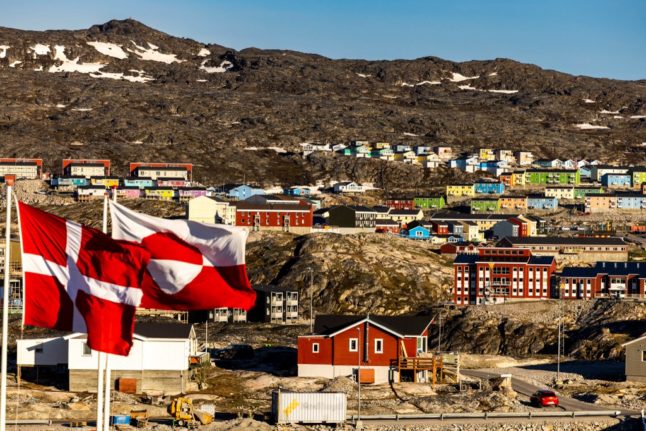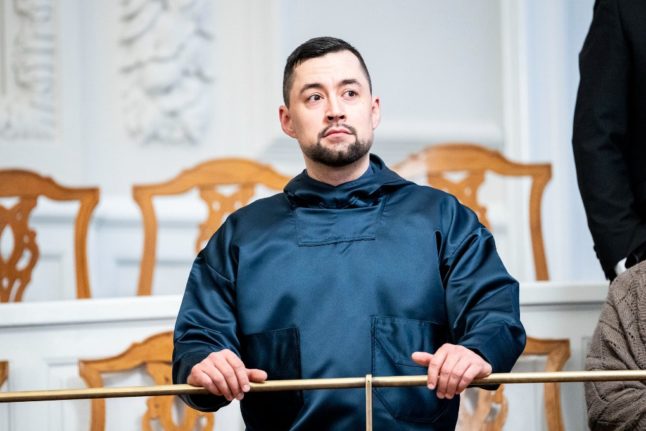Developed in secrecy over four years, the 49-paragraph document written in Greenlandic was presented by a constitutional commission to the territory’s
parliament, the Inatsisartut, where it will now be discussed.
The text, still in the draft stage, did not come down firmly on several key issues, local media reported — including Greenlandic passport access and the
administration of justice, areas still managed by mainland Denmark.
It also made no reference to the monarchy, leaving unresolved the question of whether the queen or king of Denmark would remain head of state.
“For the time being (the draft constitution) is primarily a Greenlandic issue. It will only concern Denmark when Greenland has discussed it and
depending on what the politicians decide,” Ulrik Pram Gad, a researcher at the Danish Institute for International Studies and an expert on Danish-Greenlandic
relations told AFP.
Greenland has been autonomous since 1979. The world’s largest island, located in the Arctic some 2,500 kilometres from Denmark, has its own flag, language, culture and institutions, but still relies heavily on a Danish grant which makes up a quarter of its GDP and more than half of its
public budget.
Mainland Denmark, the Faroe Islands and Greenland — with its roughly 55,000 inhabitants — together form the Kingdom of Denmark.
Since the 2009 Self-Government Act, only currency, the justice system and foreign and security affairs fall under Denmark’s authority.
The Act also included a provision that if Greenland’s people take a decision in favour of independence, negotiations are to commence between Nuuk
and Copenhagen.
The resulting agreement, reached with the consent of the Danish and Greenlandic parliaments, would then have to be approved via a referendum in
Greenland.
“There won’t be a revolution tomorrow, but the text will enlighten the debate,” Pram Gad said, adding that it still “shows that Greenland wants to
move to a new, looser stage” in its relationship with Denmark.
It remains to be seen whether politicians and the public agree with the project and whether Greenland’s leaders “will dare to set the ball rolling”,
he said.
For Social Democrat Aki-Matilda Hoegh-Dam, who holds one of the seats reserved for Greenland in the Danish parliament, the text represents a “step”
towards the creation of a sovereign Greenlandic state.
“We will have a more in-depth discussion on exactly how this will happen” covering matters including citizenship and voting rights, she said during a
recent press briefing.
When it comes to future relations with Denmark, a potential free association agreement, which has been mulled in the past, is mentioned in an
annex to the draft constitution.
“We want to create a common solution that is beneficial for both countries,” stressed Hoegh-Dam, who envisions negotiations on the island’s
sovereignty starting within a decade.



 Please whitelist us to continue reading.
Please whitelist us to continue reading.
Member comments